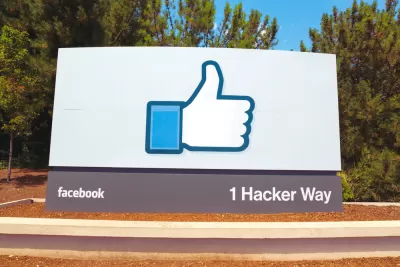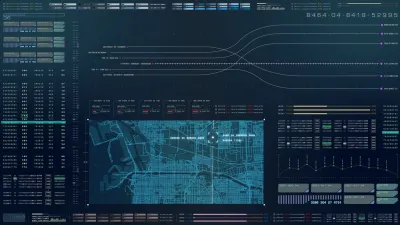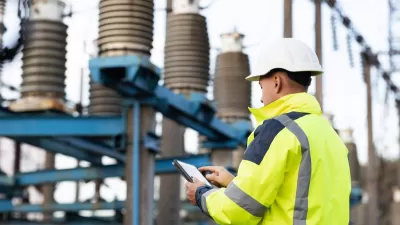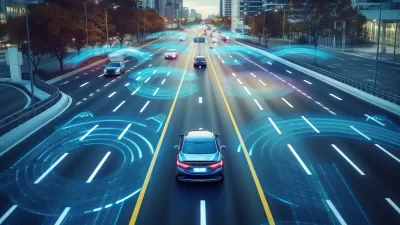Facebook has announced plans for a new kind of city, which will begin as a new digital layer over reality in Menlo Park, California before quickly spread over everything.

At a press conference announcing the creation of a new smart city concept called Zuckerburgh, Facebook founder and CEO Mark Zuckerberg touted the project's completely novel approach to city governance.
"What makes Zuckerburgh so smart, and why I'm so excited about it, is its use of technology," said Zuckerberg at the press conference. According to Zuckerberg, the development process of Zuckerburgh is grounded in Facebook's original intentions as a social media platform. "The infrastructure of Zuckerburgh is its social network, and the social network of Zuckerburgh is its infrastructure," said Zuckerberg.
As a primary demonstration of its potential to disrupt democracy, Zuckerburgh will generate revenue using a government financing innovation Facebook engineers have dubbed "data increment financing," based on less technologically advanced forms of value capture popular in less technologically advanced cities. "Basically as more data comes online, the value of all the data we're already collecting will increase," explained Zuckerberg. "We'll acquire that incremental increase in the value of the data and invest it back into civic spaces and quality of life investments in the social network—like faster advertisement delivery and a more targeted process for connecting landlords with desirable tenants."
For the pilot stage of the project, a Stanford email address will be necessary to sign up for Zuckerburgh. Eventually registration will be opened to a broader audience of universities and then to the broader public. "Eventually it's possible even your mom and her friends could be residents of Zuckerburgh," said Zuckerberg.
FULL STORY: April Fool's Day

Trump Administration Could Effectively End Housing Voucher Program
Federal officials are eyeing major cuts to the Section 8 program that helps millions of low-income households pay rent.

Planetizen Federal Action Tracker
A weekly monitor of how Trump’s orders and actions are impacting planners and planning in America.

Ken Jennings Launches Transit Web Series
The Jeopardy champ wants you to ride public transit.

Rebuilding Smarter: How LA County Is Guiding Fire-Ravaged Communities Toward Resilience
Los Angeles County is leading a coordinated effort to help fire-impacted communities rebuild with resilience by providing recovery resources, promoting fire-wise design, and aligning reconstruction with broader sustainability and climate goals.

When Borders Blur: Regional Collaboration in Action
As regional challenges outgrow city boundaries, “When Borders Blur” explores how cross-jurisdictional collaboration can drive smarter, more resilient urban planning, sharing real-world lessons from thriving partnerships across North America.

Philadelphia Is Expanding its Network of Roundabouts
Roundabouts are widely shown to decrease traffic speed, reduce congestion, and improve efficiency.
Urban Design for Planners 1: Software Tools
This six-course series explores essential urban design concepts using open source software and equips planners with the tools they need to participate fully in the urban design process.
Planning for Universal Design
Learn the tools for implementing Universal Design in planning regulations.
Ada County Highway District
Clanton & Associates, Inc.
Jessamine County Fiscal Court
Institute for Housing and Urban Development Studies (IHS)
City of Grandview
Harvard GSD Executive Education
Toledo-Lucas County Plan Commissions
Salt Lake City
NYU Wagner Graduate School of Public Service





























